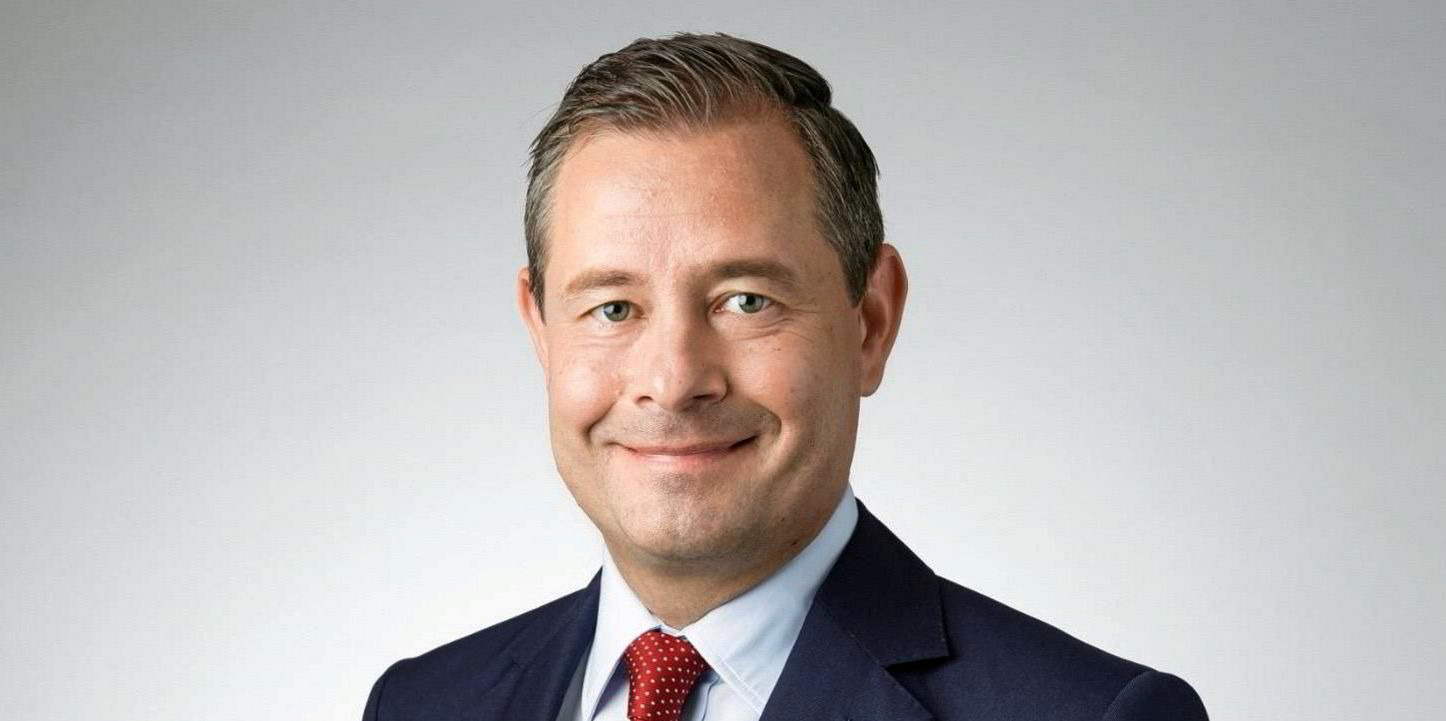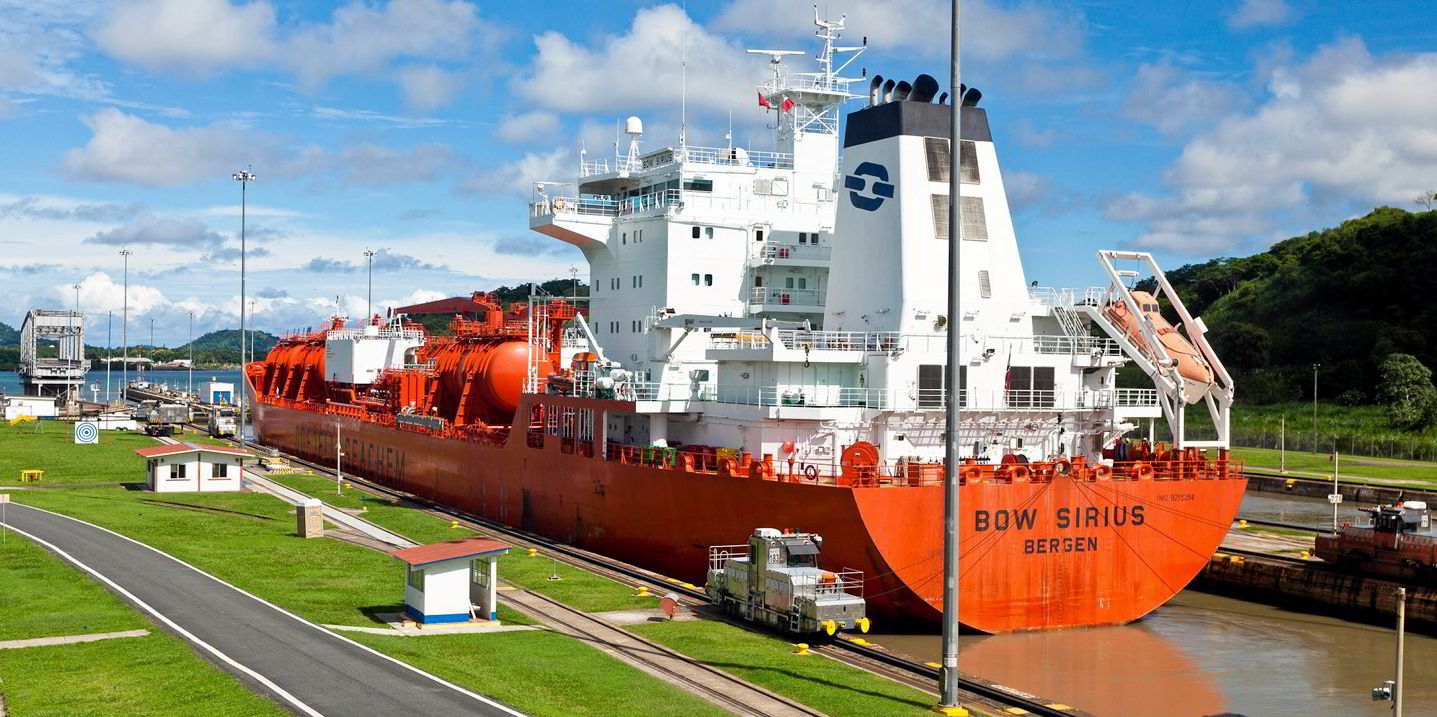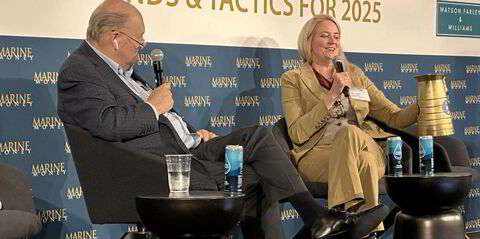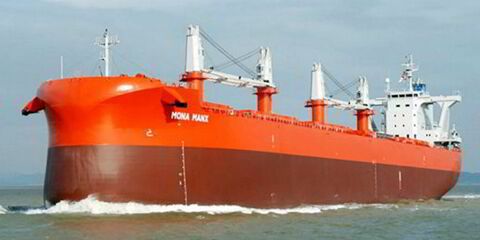Frederik Guttormsen is leaving his position as top shipping executive at Singapore-based IMC Industrial Group, on the heels of the departure of the head of dry bulk, Michael Holm.
Guttormsen has worked at the company for just over five years, with the title of managing director of shipping.
His departure is the latest of three high-profile shipping departures since last summer, closely following the previously unannounced departure of dry bulk managing director Holm and further back that of commercial director Keith Denholm in June.
But the departures seem not to signal a strategic decision by IMC’s chairman, fourth-generation shipowner Chavalit Frederick Tsao, as all have left under their own steam.
Guttormsen confirmed he would be leaving by the end of March, telling TradeWinds that his departure process began as far back as the middle of last year.
“I’ve been with the company for more than five years and thoroughly enjoyed the time and proud of what we have achieved. I am leaving because I thought it is time to do something new,” he said.
“The transition process has been open and transparent on both sides to ensure sufficient time for a succession plan.”
Guttormsen declined to comment on who, if anyone, IMC has lined up to replace him, saying the company will make an announcement at the appropriate time.
Nor did he give an indication on what his future career plans might be.
“I have plans, but nothing that I can discuss right now. All I will say is that until the end of March, I will be devoting myself fully to IMC,” he said.
Holm, who TradeWinds understands cleared his desk at the end of November, was not willing to comment on the matter.
Denholm told TradeWinds last July that his departure was a matter of completing a two-year contract. Guttormsen confirmed this was the case, saying the duration of Denholm’s tenure at IMC was agreed upon at the time when he was hired.
Guttormsen and Holm’s exits come after a period that has seen a reworking of the Tsao family-controlled company’s dry bulk trading towards an “asset-light” strategy.
Guttormsen was appointed to lead IMC’s shipping business in December 2018. From a background in the aviation business, he turned to shipping in 2012 with a stint at Stolt-Nielsen Asia Pacific, including Stolt’s joint venture with Japan’s NYK Group.
When he was recruited to lead IMC, he was responsible for dry and wet branches including Aurora Tankers, CSIC-IMC Shipping, IMC Shipping and MSI Ship Management.
Building a new organisation
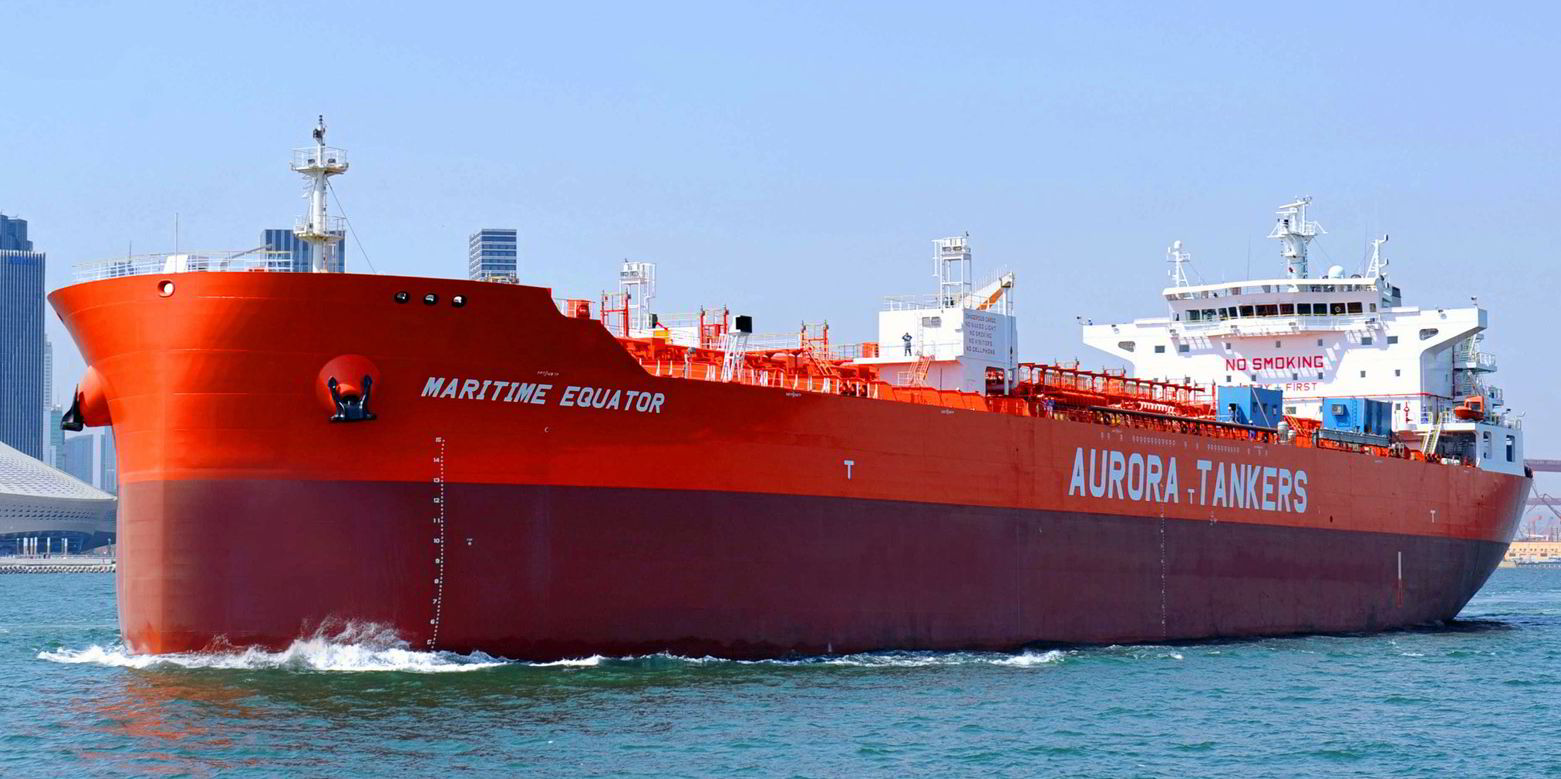
Guttormsen quickly assembled a top-notch team that completely changed the shipping division’s strategy, and business model, while at the same time consolidating the disparate shipping entities under the IMC Shipping umbrella.
Holm, who brought experience from shipbroking and trading as well as shipowning, came on board with IMC in February 2022.
“We built a new organisation and grew the business,” Guttormsen said.
“Aurora Tankers has grown by 50%. Our dry bulk platform has grown substantially. We have invested in tech and AI, building systems that IMC Shipping never had before. I am happy to leave as the company enjoys solid results,” he added.
The departures of Holm and Guttormsen also come in a period during which Tsao has been concentrating on projects outside shipping, leaving some at the company with questions about its direction.
IMC is a large conglomerate with a business portfolio that runs the gamut from real estate investments to shipping, shipyards, ports and plantations.
Tsao’s LinkedIn page also lists him as the founder and chief executive of the Octave Institute, “a curated well-being platform that fuses Eastern wisdom with Western science, to support your journey to self-clarity and well-being”, and as founder and chairman of the similarly focused Aitia Institute, formerly known as East West Cultural Development.
Guttormsen stressed that Tsao is strongly committed to building IMC’s shipping portfolio.
Shipping data provider VesselsValue lists IMC with an owned fleet of five supramax and handysize bulkers, and 21 product tankers, with no ships on order.
The five owned dry bulk ships are all Indonesian-flagged vessels serving the cabotage trade of IMC’s Jakarta-based affiliate Pelita Samudera Shipping.
The VesselsValue fleet list does not include some 39 tug-barge units plus ship-to-ship transfer equipment in the Indonesian affiliate’s fleet that are mentioned on IMC’s website, nor does it include the 60 or so bulk carriers that the company usually has on charter at any given time.
IMC is also involved in Chinese-flag short-haul parcel tanker operations through CSIC-IMC, a joint venture between IMC and China Shipbuilding Industry Corp.
Not least among the disposals in its asset-light transition have been a series of ultramax multipurpose ships offloaded in 2022 to CMB Financial Leasing for operation in the Cosco Shipping Specialised Carriers MPP fleet.
